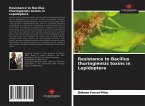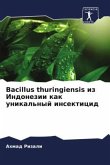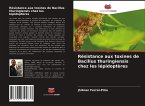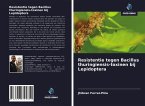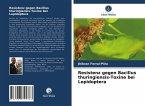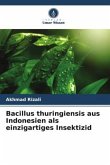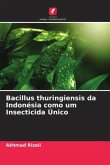Bt makes toxins that target insect larvae when eaten. In their gut, the toxins are activated. The activated toxin breaks down their gut, and the insects die of infection and starvation. Death can occur within a few hours or weeks. The different types of Bt create toxins that can only be activated by the target insect larvae. In contrast, when people eat the same toxins, the toxins are not activated and no harm occurs.Each type of Bt toxin is highly specific to the target insect. For example, the 'kurstaki' type targets caterpillars. The 'isrealensis' type targets immature flies and mosquitoes. Little to no direct toxicity to non-target insects has been observed.People are most commonly exposed to Bt through their diet, at very low levels.Exposure can also occur if you breathe it in or get it on your skin or eyes. For example, this can occur while applying sprays or dusts during windy conditions. You may also be exposed after using a product if you don't wash your hands before eating or smoking. Since Bt is commonly found in soils, exposures not related to pesticides are also possible.


